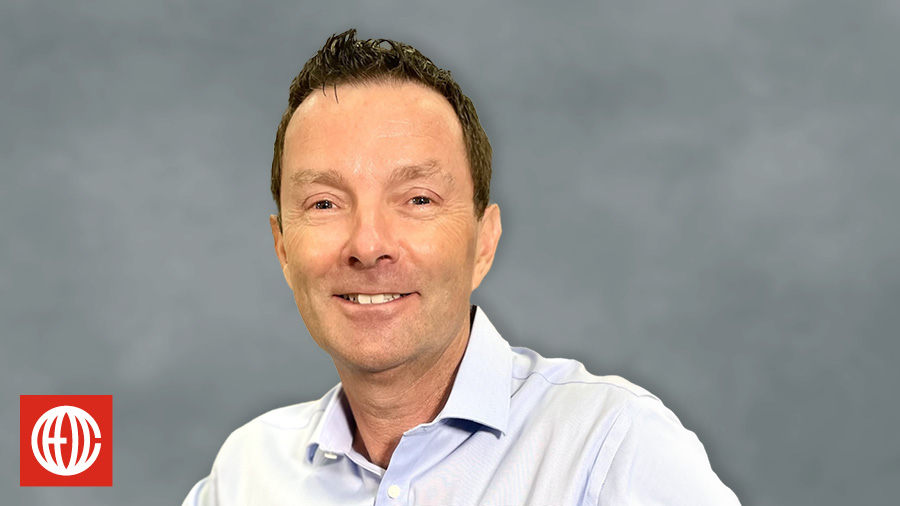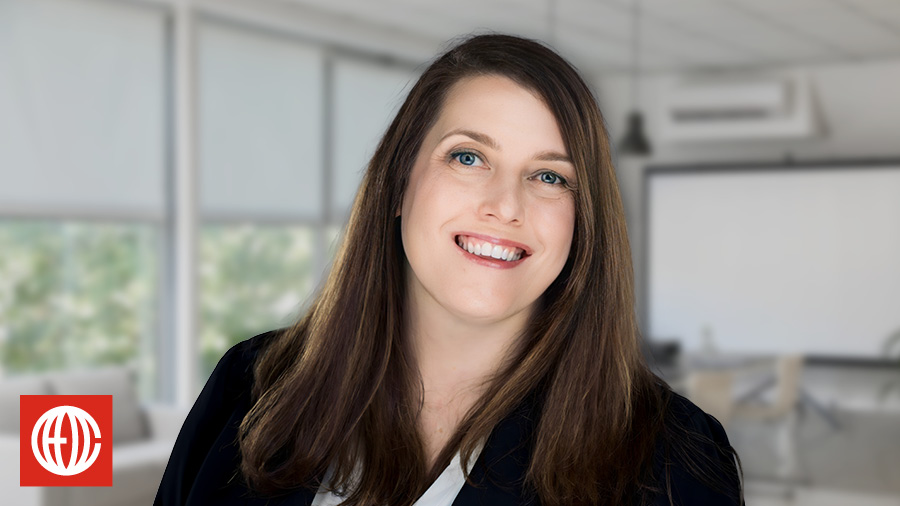Guest: Lew Jaffe, a coach at CEO Coaching International, a professor at Loyola Marymount University, and a longtime member of YPO. Lew is a proven CEO and entrepreneur who has led the growth and/or successful turnarounds of more than 20 underperforming companies across all industries, both public and private, as their chief executive or outside advisor, creating over $1 billion in shareholder value.
Episode in a Tweet: Your post-pandemic corporate culture should appeal to baby boomers, Gen Zers, and everyone in between.

Quick Background: For the first time in history, a company’s workforce could span four generations. Aligning a diverse group of employees with such a wide range of life experiences could be especially challenging if you’re also trying to keep your WFH teams connected with in-person staff and salespeople.
But in any business challenge there’s also opportunity. If you can connect tried-and-true values with a new, more connected worldview, your employees will continually learn from each other, gain new skills and perspectives, and move your company in exciting new directions.
On today’s show, Lew Jaffe shares how to effectively manage a multigenerational workforce towards BIG.
Keys to Managing Four Generations of Workers from Lew Jaffe
1. Labels can be misleading.
A good CEO learns how to adapt his or her management style to get the most out of every employee. But while there are some truths to generational generalizations, Lew says that CEOs should be careful about bringing too many preconceptions to how they approach employees.
“I think the younger generations might not appreciate being labeled because that’s where we are today in society,” he says. “So it’s really not about the label, but it’s about a set of experiences they got at a certain age.”
Let’s apply Lew’s logic to one common cliché: millennials are too sensitive and entitled.
Rather than slipping on your kid gloves when it’s time to have a complicated conversation with your youngest team members, think about what they’ve grown up with: the shadow of 9/11; their parents struggling through the Great Recession of 2008; mountains of student loan debt; global social justice movements amplified by social media.
When I think about how those experiences shaped young people, I don’t see “soft.” I see a group of workers who care about what they do, how they do it, and how they’re affecting others. They want to help the world transition to a more compassionate, connected, and, yes, productive place. Any company that can’t figure out how to maximize those kinds of positive values is going to age out of the marketplace along with its existing workforce.
2. Raise a better “cow.”
In addition to our own experiences, we’re also shaped by secondhand experiences, particularly in our families. For example, many baby boomers are a synthesis of both the counter culture they grew up in and the more conservative lessons of WWII and the Great Depression that they inherited from their parents and grandparents.
Likewise, while millennials might place a strong emphasis on work-life balance, they’ve also inherited a strong work ethic from their boomer parents. That doesn’t mean they’re lazy or entitled, it just means that this generation has some nontraditional ideas about how to embody a positive, traditional value.
One of Lew’s favorite books is Sacred Cows Make the Best Burgers, which argues that companies have to be bold about embracing change if they want to keep growing. Even before the pandemic, millennials had targeted “cows” like the 40-hour work week and two-hour daily commutes. Post-pandemic, smart CEOs are thinking about how killing some of those cows could help their businesses operate more efficiently.
“Sometimes sacred cows started with something really great,” Lew says, such as his generation’s emphasis on showing up early and staying late to get the job done. “But over time, these cows deteriorate a little bit. Now the millennials have said, ‘Yes, work hard, get things accomplished, but let’s use the technology, let’s use the time we have.’ So they’re taking the influences that our generation had, but they’re adopting them their way, and vice versa. They’re getting people in my generation to start seeing some of that and be more socially responsible and be more economically responsible when it comes to, why are you wasting so many assets? The younger generation is changing that in us. So if my generation talks to the millennials, you can accelerate a corporate culture by talking about the common ground, as opposed to focusing on those differences.”
3. Align your “customer” experience.
While CEOs should be receptive to ideas and concerns from younger and older generations alike, ultimately the best way to bridge these differences is with a single strong culture. Your vision and values should be BIG enough to make your brick-and-mortar salespeople feel like they’re aligned to the same goals as your WFH SEO pros.
Lew recommends that CEOs consider two things when they’re deciding if a culture change is going to be a disruption or an upgrade: profitability and customer experience. But Lew also has a unique definition of “customer” that speaks to how he believes top-performing companies should treat all of their most important stakeholders.
“The cultures that I create, I don’t consider people employees,” Lew says. “We have external customers and we have internal customers. External customers buy our goods and services and pay the bills. The internal customers are the people that take care of the external customers. But inside your organization, everybody is a vendor and a customer. The salespeople get the sales and then they ‘vend’ them to operations in order to deliver on the sale. So that salesperson treats their team members as a customer, and it goes on and on. The janitor — if you have a filthy work environment, people aren’t going to want to work there. That person is vital to the corporate culture no different than the CEO is vital to the corporate culture. So it’s the entire chain. There’s no better. There’s no worse. There’s just different. All businesses aim to gain and retain customers profitably in order to create shareholder value. And if that’s at the core, I think you can get everybody to align around that.”
Top Takeaways
1. “Sunshine is the greatest disinfectant.” Maintain an open dialogue with all your employees about what’s working, what’s not, and what you can all do better.
2. You can’t accommodate everyone. Practices that aren’t improving customer experience or boosting your bottom line aren’t innovative or traditional, they’re just bad for business.
3. Learning goes both ways. Encourage cross-generational interactions and the best ideas will transform your culture.
[Tweet “Your post-pandemic corporate culture should appeal to baby boomers, Gen Zers, and everyone in between.”]
About CEO Coaching International
CEO Coaching International works with CEOs and their leadership teams to achieve extraordinary results quarter after quarter, year after year. Known globally for its success in coaching growth-focused entrepreneurs to meaningful exits, CEO Coaching International has coached more than 1,000 CEOs and entrepreneurs in more than 60 countries and 45 industries. The coaches at CEO Coaching International are former CEOs, presidents, or executives who have made BIG happen. The firm’s coaches have led double-digit sales and profit growth in businesses ranging in size from startups to over $10 billion, and many are founders that have led their companies through successful eight, nine, and ten-figure exits. Companies working with CEO Coaching International for two years or more have experienced an average revenue CAGR of 31% (2.6X the U.S. average) and an average EBITDA CAGR of 52.3% (more than 5X the U.S. average).
Learn more about executive coaching | Meet our world-class coaches








